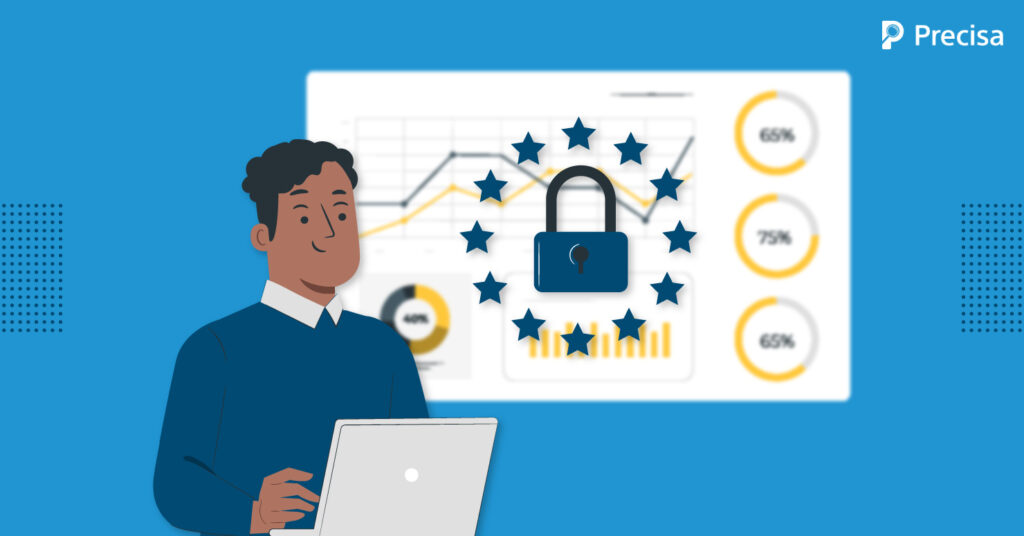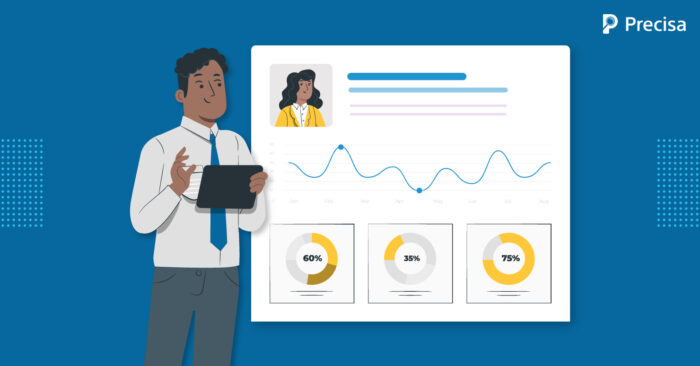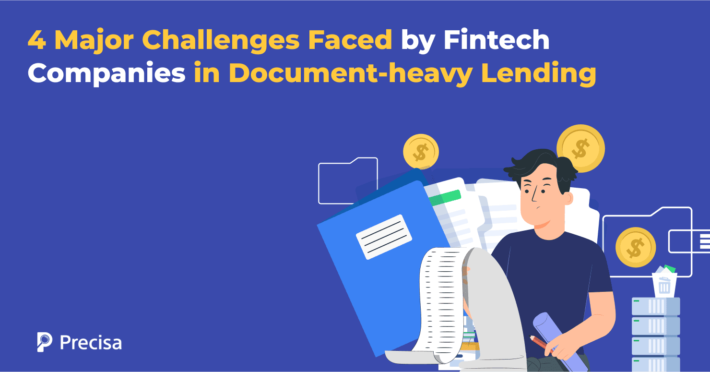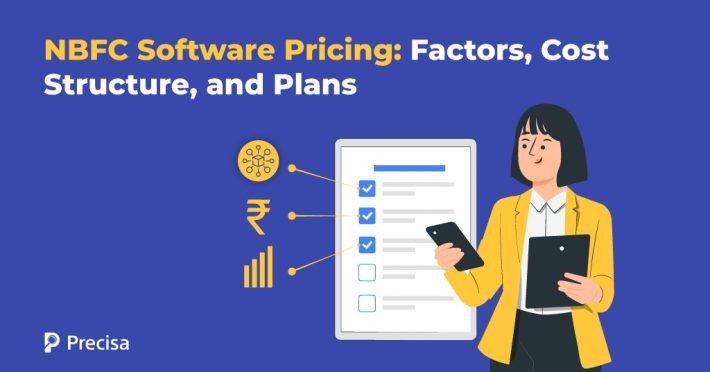Account Aggregator Integration: Enhancing the Security and Reliability of Financial Data Sharing for Fintech Banks

The arrival of technology and rapid digitisation has certainly revolutionised the global financial sector. Apart from a few exceptions, the speed of innovation has taken a majority of financial institutions by surprise, leaving a significant gap in their ability to adapt and integrate new technologies into their existing processes.
As technology continues to impact different facets of the financial ecosystem, increasing customer concerns on data sharing and data security continue to impede the adoption of innovations and fintech-enabled services.
Therefore, many fintech banks worldwide are working toward addressing this challenge by rolling out solutions to facilitate transparent and reliable data sharing.
Data aggregators and fintech banks are creating a standard framework for sharing customer data. This partnership has paved the way for an account aggregator ecosystem in India wherein account aggregators act as an intermediary on behalf of customers.
Read on to find out how the emergence of an account aggregator framework could impact the current financial system and transform data sharing.
Fintech Banks Turn to Open Data to Create a Strong Account Aggregator Framework
Over the past few years, major financial institutions, including fintech banks, have realised the value of a robust digital financial infrastructure.
Besides, the solid digital framework enabled banks and governments to assist individuals and businesses in recovering from the economic downturn inflicted by the pandemic.
But what is the next step?
With a digital framework in place, fintech banks are now focused on creating a robust open-data financial ecosystem.
Open data: An outline
What does open data mean?
In simple words, open data means the ability to share financial data using digital tools without any manipulation and a high degree of transparency.
Open data’s significant advantages include the following:
- Accurate credit risk evaluation
- Optimum workforce allocation
- Better customer service
- Most importantly, stronger fraud protection.
The rise of open data has created a significant demand for account aggregators. Besides, we are also witnessing a surge in open data initiatives that simplify how customers share financial information with third-party providers.
All in all, as fintech banks and firms continue to welcome open banking and finance, the demand for account aggregators is moving in an upward trajectory.
Fintech Banks: What is Account Aggregator Integration?
Financial institutions find themselves in the thick of the action as they compete against each other to provide seamless customer experience and secured service.
Fintech banks in India have identified account aggregator integration as an effective process to standardise access to a customer’s financial information.
An account aggregator serves as a third-party whose primary responsibility is to consolidate and aggregate data from multiple accounts held by a customer across various financial institutions and fintech banks.
Account Aggregator Integration: The Process
Account aggregator integration cannot work without a secure and standardised application programming interface (API).
The API connects the Fintech bank’s system to the third-party account aggregator’s platform. This enables both systems to exchange data in a secure way adhering to the encryption standards and regulatory guidelines.
Once the account aggregator integration is complete, fintech banks can provide an array of services to customers based on their financial data.
Some of these services include personalised investment recommendations, financial advice, and tailored financial management solutions.
Fintech Banks: Benefits of Account Aggregator Integration
Account aggregator integration helps both; fintech banks and their customers. While financial institutions can seamlessly provide seamless customer experience and improve customer loyalty, customers are at the receiving end of secured and reliable data sharing.
Let’s examine some of the major benefits of account aggregator integration.
1. Secured customer information
Customer concerns around data privacy and security continue to significantly threaten the widescale account aggregator adoption.
Fintech banks have acknowledged this barrier and invested resources toward safeguarding their customers’ financial information. While customers consent to bank applications and money-sending platforms to use data, they are strongly against sharing data with external parties.
This is where account aggregator integration steps in and protects customers by ensuring their financial data remains secure.
Additionally, aggregation also prevents third-party applications from accessing a customer’s information directly. Account aggregator firms only use data when customers give consent.
2. Quicker access to financial information
Account aggregation allows customers to access their financial information in a few seconds. Therefore they do not have to hinge on dated techniques that are time-consuming and inconvenient.
Currently, many financial management solutions and applications are available that help us with wealth management, money transfer, budgeting, and online banking. These third-party applications can only access customers’ financial data when they enter their banking details and authorise their bank to share data.
By offering this level of convenience, an organisation builds loyalty from its clients, enabling them to continue developing a good rapport with them. Consumers will move their money and switch banks depending on where their data is more available.
Fintech Banks and Account Aggregation: Some Risks
While there are clear benefits, knowing the risks linked with account aggregation is equally important.
Security
While there is no doubt that aggregation promotes customer privacy, a few risks are involved. The increasing number of third-party applications and websites is the root cause of such vulnerabilities.
As more people use these websites and applications, the server’s user banks may overload, and data aggregators could have difficulty distinguishing between legitimate users and malicious actors.
Accessibility to various services
If there is a significant rise in the number of malicious users attempting to access a site, there is a strong chance that genuine users are denied access temporarily.
Consequently, customers cannot access their crucial financial data, compelling them to look for other players offering similar services.
Final Thoughts
Technological advancements will play a crucial role in creating seamless account aggregator integrations in the future.
As fintech banks and other financial institutions tussle with each other to increase their market share, account aggregators will have a major say in their quest to do so.
With increasing customer concerns regarding data sharing and safety, account aggregators are likely to invest resources and efforts to educate their audiences on aggregation and build secure financial solutions.
Integrate Precisa’s APIs into your existing processes and systems to elevate user experiences and build a loyal customer base.
Our affordable and reliable APIs are trusted by prominent Fintech players, including Finalleap, AJ Finance, Uma Selva, and Sara Finance, to name a few.
Get in touch with us to try our APIs today.




